What to do when buying a car in Nigeria
Buying a used car in Nigeria can be a daunting task even for the initiated, but more especially when you're not familiar with the process. With the prevalence of scams and the potential for hidden issues, it's crucial to thoroughly inspect a used vehicle before making a purchase.
To help you navigate this process, we've compiled a comprehensive checklist for inspecting a used car in Nigeria. By following these steps, you'll be better equipped to make an informed decision and drive away in a reliable and cost-effective vehicle. You might as well take this article with you to the dealership.
Related Reading: Nigeria’s SUV Craze: Top 10 Most Popular SUVs And Their Prices In 2023
Verify the Vehicle's Documentation
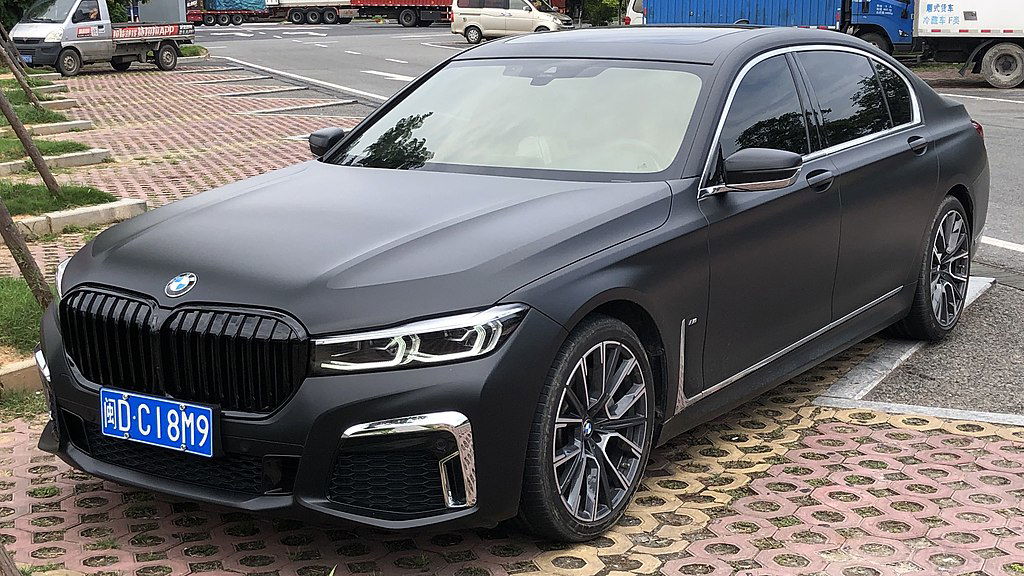
1. Vehicle Identification Number (VIN): Confirm that the VIN on the vehicle matches the VIN on all documents, such as the registration and insurance papers. This ensures that the car has not been stolen or tampered with.
2. Proof of ownership: Obtain the original Certificate of Roadworthiness and ensure it's in the seller's name. If the owner has changed, request a change of ownership document.
3. Vehicle history: Request a comprehensive vehicle history report to check for any previous accidents or damages. To request a vehicle history report, you can follow these steps:
- Get the Vehicle Identification Number (VIN) of the vehicle you want to check. The VIN is a unique 17-character code that can be found on the dashboard of the driver's side of the vehicle, or on the vehicle registration document.
- Choose a reputable provider of vehicle history reports. There are several companies that offer vehicle history reports, such as Carfax, AutoCheck, and VINCheckPro, among others.
- Go to the website of the provider you choose and enter the VIN of the vehicle you want to check. You will be asked to pay a fee for the report, which typically ranges from $10 to $40, depending on the provider and the level of detail you want in the report.
- Review the report carefully. The report will provide information such as the vehicle's ownership history, accident history, title information, mileage readings, and more. This information can help you make an informed decision about whether or not to buy the vehicle.
It's important to note that a vehicle history report is not a guarantee that the vehicle is in good condition or free of problems. It's still important to have the vehicle inspected by a qualified mechanic before making a purchase.
4. Insurance papers: Verify that the car has valid insurance, and make note of any claims made in the past. To verify if car insurance papers are valid, you can follow these steps:
- Check the policy number: The policy number should be on the insurance card or papers. Verify that the policy number exists and matches the policy number provided by the insurer.
- Check the policyholder information: Verify that the name and address of the policyholder match the information on the insurance card or papers.
- Check the coverage dates: Make sure the coverage dates are current and have not expired. You should also verify that the effective and expiration dates match those on the insurance card or papers.
- Contact the insurance company: If you are still unsure about the validity of the insurance papers, you can contact the insurance company to verify the information. You can find the contact information on the insurance card or papers.
- Verify the insurance company is legitimate: You can also check if the insurance company is authorized to do business in your state by contacting your state's insurance department.
It's important to verify that the car insurance papers are valid before driving the vehicle. Driving without valid insurance can result in serious consequences, such as fines, license suspension, and even legal trouble in the event of an accident.
5. Custom papers: If the car is imported, ensure it has valid custom clearance papers to avoid legal issues. To verify the validity of custom clearance papers for a car in Nigeria, you can follow these steps:
- Check the VIN number: The Vehicle Identification Number (VIN) is a unique identifier assigned to the car. Verify that the VIN number on the customs clearance papers match the one on the car's dashboard, door jamb, or engine block.
- Check the name of the importer: Verify that the name of the importer on the customs clearance papers match the name on the car's registration documents.
- Check the vehicle description: Verify that the vehicle description on the customs clearance papers match the details of the car, such as make, model, year, and color.
- Check the value of the car: Verify that the value of the car on the customs clearance papers match the purchase price of the car.
- Verify the authenticity of the papers: You can contact the Nigerian Customs Service to verify the authenticity of the customs clearance papers. You can find the contact information on their website or by visiting the nearest customs office.
- Check for any red flags: Look out for any discrepancies or red flags, such as incorrect information or suspicious documentation. If anything seems off, contact the Nigerian Customs Service immediately to report the issue.
It's important to verify the validity of customs clearance papers to ensure that the car being imported is legal and complies with Nigerian customs regulations. Failure to comply with customs regulations can result in penalties, fines, and even legal trouble.
Inspect The Exterior
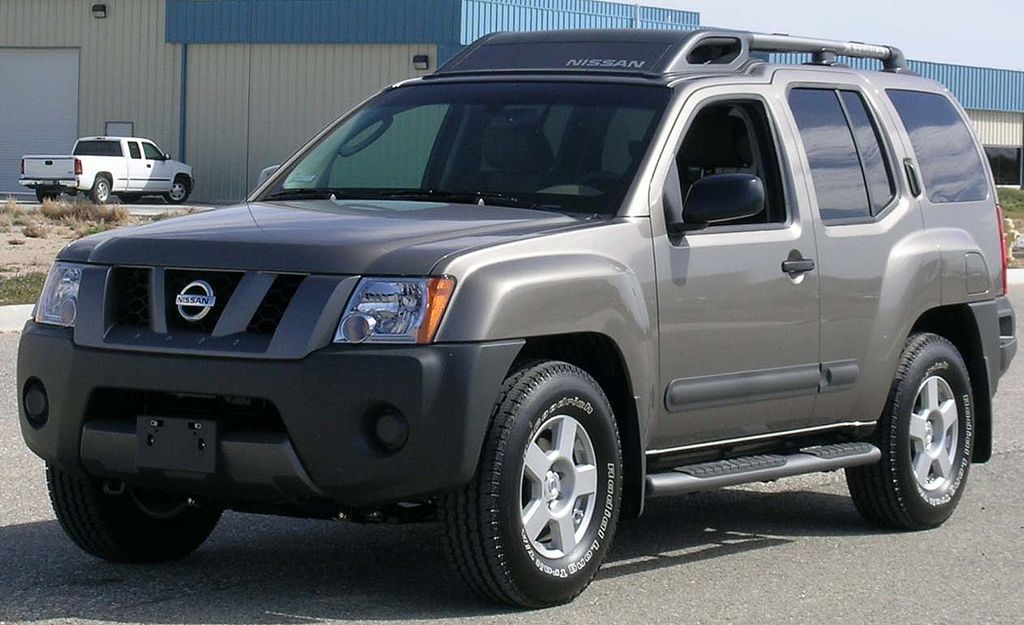
1. Body condition: Check for dents, scratches, and rust spots on the car's body. Pay close attention to the door edges, wheel arches, and the underside of the vehicle.
2. Paint condition: Inspect the paintwork for any signs of fading, peeling, or mismatched colors, which could indicate previous repairs or accidents.
3. Windshield and windows: Examine the glass for cracks, chips, or any signs of improper sealing, which could lead to leaks or impaired visibility.
4. Tires: Check the tire tread depth and look for any uneven wear patterns, which may indicate alignment issues. Verify that the spare tire and necessary tools are present.
5. Lights: Test all exterior lights, including headlights, taillights, brake lights, turn signals, and hazard lights, to ensure proper functioning.
Inspect The Interior
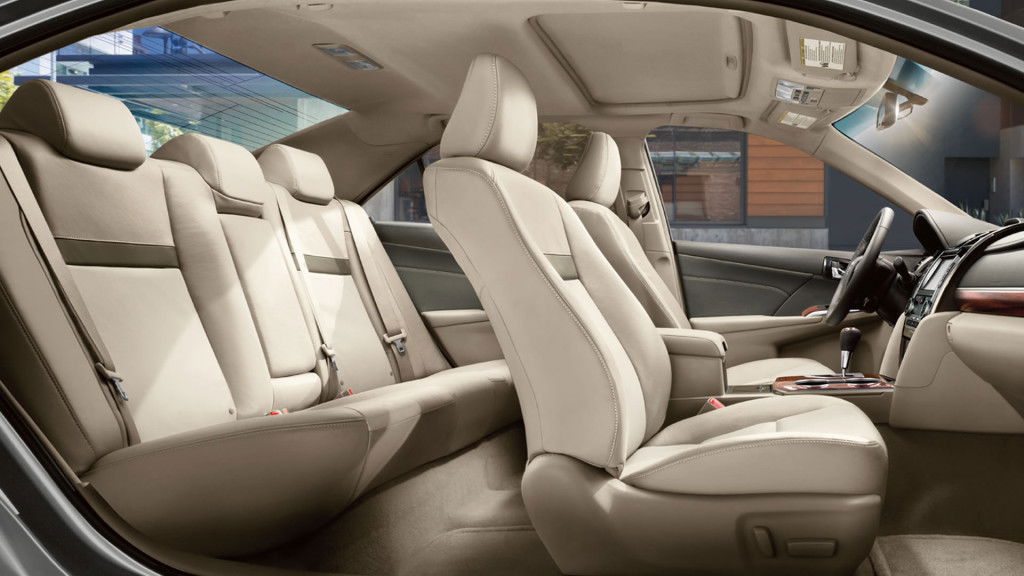
1. Seats and upholstery: Inspect the seats for any rips, stains, or sagging, and test all seatbelts to ensure they latch and retract properly.
2. Dashboard and controls: Check all gauges, warning lights, and controls for proper functioning. Test the air conditioning, heat, and audio system.
3. Odors: Sniff for any unusual smells, such as mold or mildew, which could indicate water damage or leaks.
4. Floor and trunk: Lift the floor mats and check for signs of rust or dampness. Inspect the trunk for any water leakage or damage.
5. Electrical components: Test all power accessories, such as windows, mirrors, and locks, to ensure they are functioning correctly.
Test The Mechanism And Performance
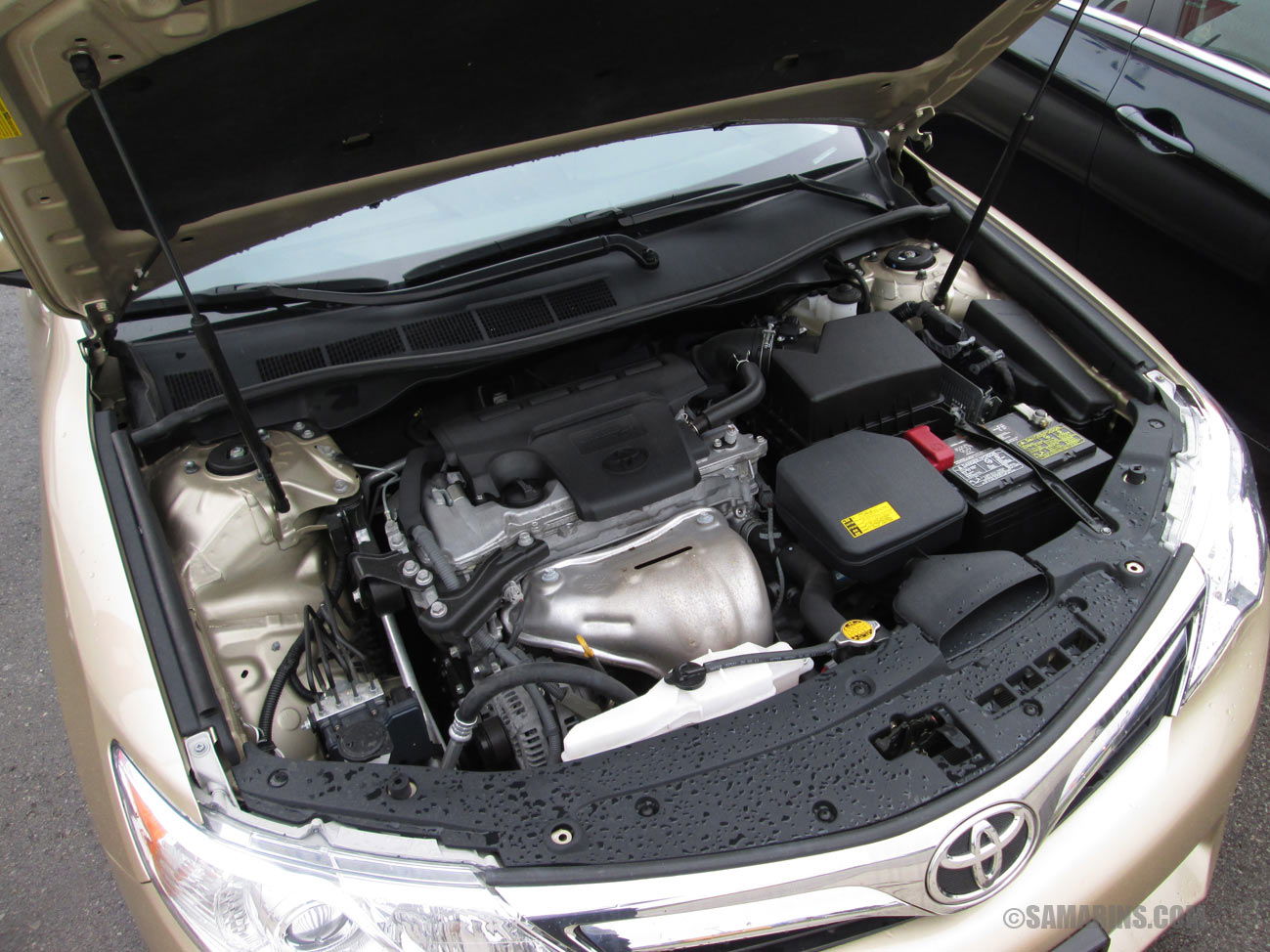
1. Engine: Inspect the engine for any signs of leaks, excessive noise, or smoke. A well-maintained engine should be relatively clean and free of excessive dirt or grease.
2. Transmission: Check the transmission fluid for an appropriate level and color (usually a reddish hue). Test the gear shifting in both manual and automatic transmissions to ensure smooth operation.
3. Suspension and steering: Inspect the suspension components for signs of wear or damage. During the test drive, pay attention to any unusual noises or steering vibrations, which may indicate issues with the steering or suspension systems.
4. Brakes: Test the brakes for responsiveness and listen for any grinding or squealing noises, which could signify worn brake pads or rotors. Inspect the brake fluid for proper level and clarity.
5. Exhaust system: Examine the exhaust for rust, damage, or leaks. During the test drive, listen for any excessive noise or smoke, which may indicate a damaged exhaust system or emissions issues.
Related Reading: The Top-Ten Cheapest Used Cars In Nigeria And Their Prices
Take It For A Test Drive
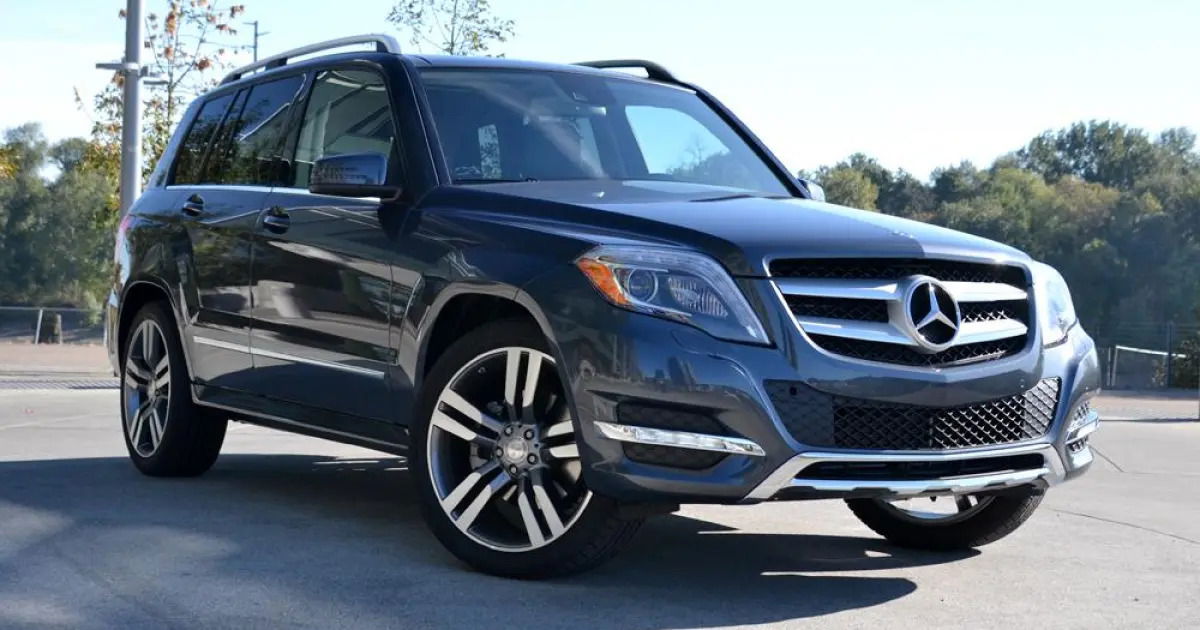
A test drive is an essential part of inspecting a used car, as it allows you to evaluate the vehicle's overall performance and identify any potential problems. Here are some tips for a successful test drive:
1. Plan a route: Choose a route that includes a variety of road conditions, such as city streets, highways, and rough terrain, to test the car's handling and responsiveness.
2. Listen carefully: Keep the radio off and pay attention to any unusual noises, such as rattles, squeaks, or knocks, which could indicate mechanical issues.
3. Acceleration and braking: Test the car's acceleration and braking capabilities, ensuring that it responds smoothly and without hesitation.
4. Cornering and handling: Pay attention to the vehicle's handling during turns and lane changes, checking for any signs of instability or excessive body roll.
5. Transmission and clutch: For manual transmissions, test the clutch for smooth engagement and disengagement. For automatic transmissions, ensure smooth and timely gear changes.
Consult A Professional Mechanic
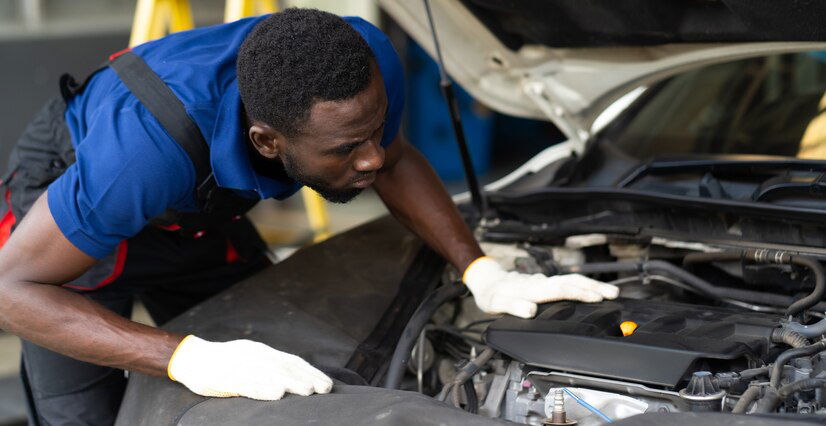
If you're not confident in your ability to thoroughly inspect a used car, consider hiring a trustworthy, professional mechanic to carry out a pre-purchase inspection.
They can identify any hidden issues and provide an unbiased assessment of the vehicle's condition, giving you peace of mind before making a purchase.
In any case, it doesn’t hurt to know some of the critical issues a mechanic will check for, including (copied from our previous article on Tokunbo Car Shopping In Nigeria):
- Turn on the ignition and let the engine run idle for some 15 minutes while watching the temperature gauge and engine sound.
- Check for oil leakage or signs of problems in the oil pan beneath the vehicle.
- Turn off the ignition and turn on the stereo for some 10 minutes to see if the battery runs down in that time. If it does, that could be a sign of electrical system issues.
- Check out the condition of the shock absorbers and suspension. While a mechanic can and should make these investigations for you, it doesn’t hurt at all to know about them yourself.
- Investing in a good scanner is a very good idea.
Ready To Start Shopping For A Used Car In Nigeria?
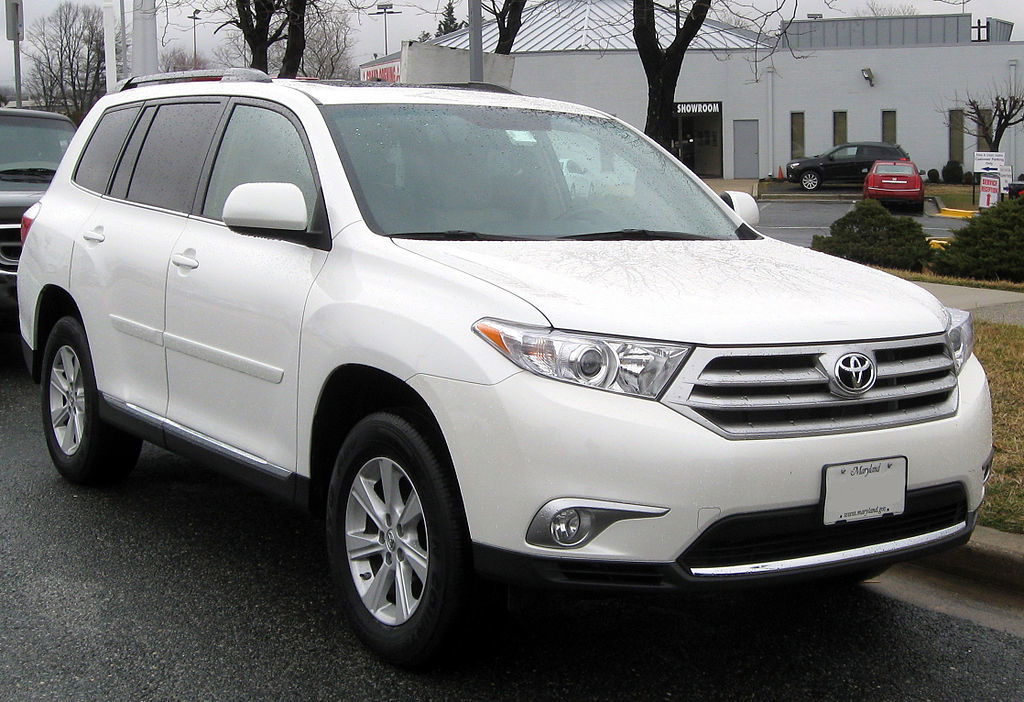
When buying a used car in Nigeria, it's crucial to conduct a thorough inspection to ensure you're getting a reliable and safe vehicle. By following this comprehensive checklist and considering the vehicle's documentation, appearance, performance, and legal aspects, you'll be well-prepared to make an informed decision.
Remember, taking the time to inspect a used car thoroughly can save you from costly repairs and potential safety hazards down the line.